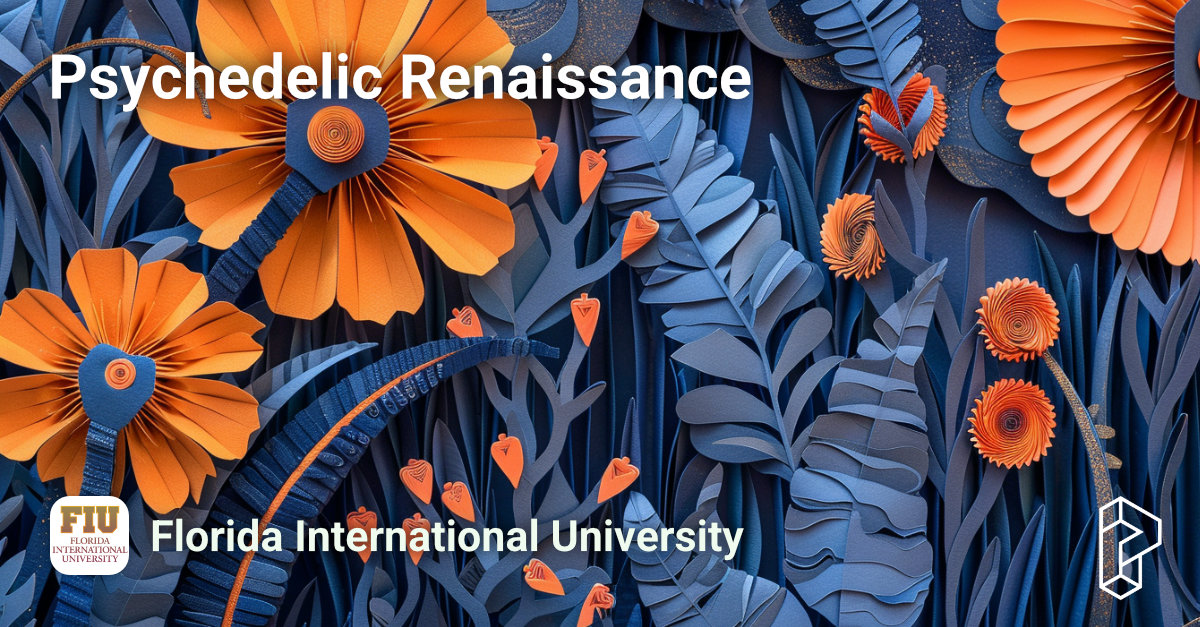Psychedelic Renaissance
Psychedelic Renaissance offers a comprehensive exploration of psychedelics, both natural and synthetic psychoactive compounds known for inducing profound mind-manifesting experiences. Students will delve into the chemical structures, pharmacology, and neurobiology of psychedelics as understood today.
- 50 Enrolled
- All levels
- Last updated Jul '24
- English
Course Description
Psychedelic Renaissance offers a comprehensive exploration of psychedelics, both natural and synthetic psychoactive compounds known for inducing profound mind-manifesting experiences. Students will delve into the chemical structures, pharmacology, and neurobiology of psychedelics as understood today. The historical context spans millennia, tracing their use from ancient times to pivotal moments in the 20th and 21st centuries, such as the synthesis of LSD and subsequent legal and cultural shifts.
Recent legislative changes and societal attitudes towards psychedelics, marked by decriminalization efforts and therapeutic applications, highlight a contemporary paradigm shift. The course critically examines whether this resurgence reflects a genuine recognition of psychedelics’ therapeutic potential for mental health or a fleeting hype with potential societal repercussions.
Interdisciplinary in nature, the course integrates chemistry, neurobiology, ethnobotany, public policy, history, philosophy, spirituality, psychology, anthropology, and research methodologies. Students will engage in rigorous readings, discussions, and assignments aimed at fostering critical thinking and exploring future implications for the field of psychedelics.
This course is only available to (honours) students from Florida International University.

Tatayo
Instructor
About Instructor
Tatayo (“Fruit of the Wind”) first arrived in Gabon in 1971 at the age of 21 and became a Gabonese citizen. In 1979, he became the first white person to be initiated into the Bwiti Fang tradition in Gabon. In 1994, he was initiated into the Misokko tradition. As a guide for numerous expeditions and missions, including those of National Geographic, the BBC, and others, Tatayo is considered to have “opened the door” to westerners in Gabon.
Frequently Asked Questions
FREE (only for FIU students)
This course includes
- Lectures 15
- Duration 15 Weeks
- Skills All levels
- Language English
- Availability Cohort
- Certificate No
Course Tags
